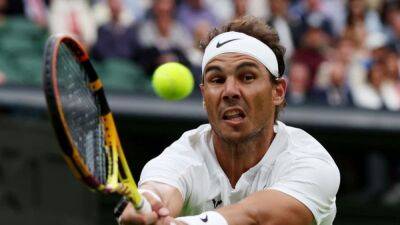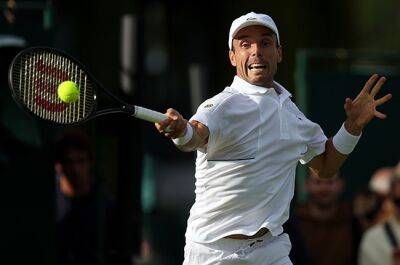Bottom trawlers: Engines of marine destruction
Our journey begins in the port of Almeria, in Andalusia, where we go on board "El Monguio", a trawling vessel. José Maria Gallart, the vice-president of the Spain Fisheries Confederation, speaks proudly of a fishing practice deeply anchored in the local culture.
"It’s one of the most prominent trawling ports in the Spanish Mediterranean," he explains. More than a thousand boxes of fish, about 6 tonnes of catch per day, are auctioned off in the port's market.
Speaking of bottom trawling, Gallart does not mince his words.
"The word bottom trawling speaks for itself, it’s a fishing technique that trawls the seabed," he says, with a hint of irony in his voice. "The vessel moves at low speed and the net captures everything on the ocean floor along the way."
One of the main criticisms of trawling is that it is not selective. The massive nets scoop everything up, both juvenile and adult fish, disrupting their reproductive cycle.
For the Spaniard, bottom trawling has become the scapegoat of environmental groups, which he says have unabashedly targeted the fishing industry. He denounces "restrictions" and "fishing bans" imposed by the European Union in an alleged bid to put fishermen out of business, describing the bloc's Fisheries Commission as one of bottom trawling's "biggest enemies". "We just want to live off our work and fishing," he says.
We set sail on the Oceana Rangers, a catamaran that has travelled across the globe, as part of the non-profit's mission to safeguard marine ecosystems.
For Silvia Garcia, a senior marine scientist at Oceana, "of all types of fishing, bottom trawling is one of the most aggressive".
The aim of the expedition is to study and document the damage caused by trawling in a protected marine






